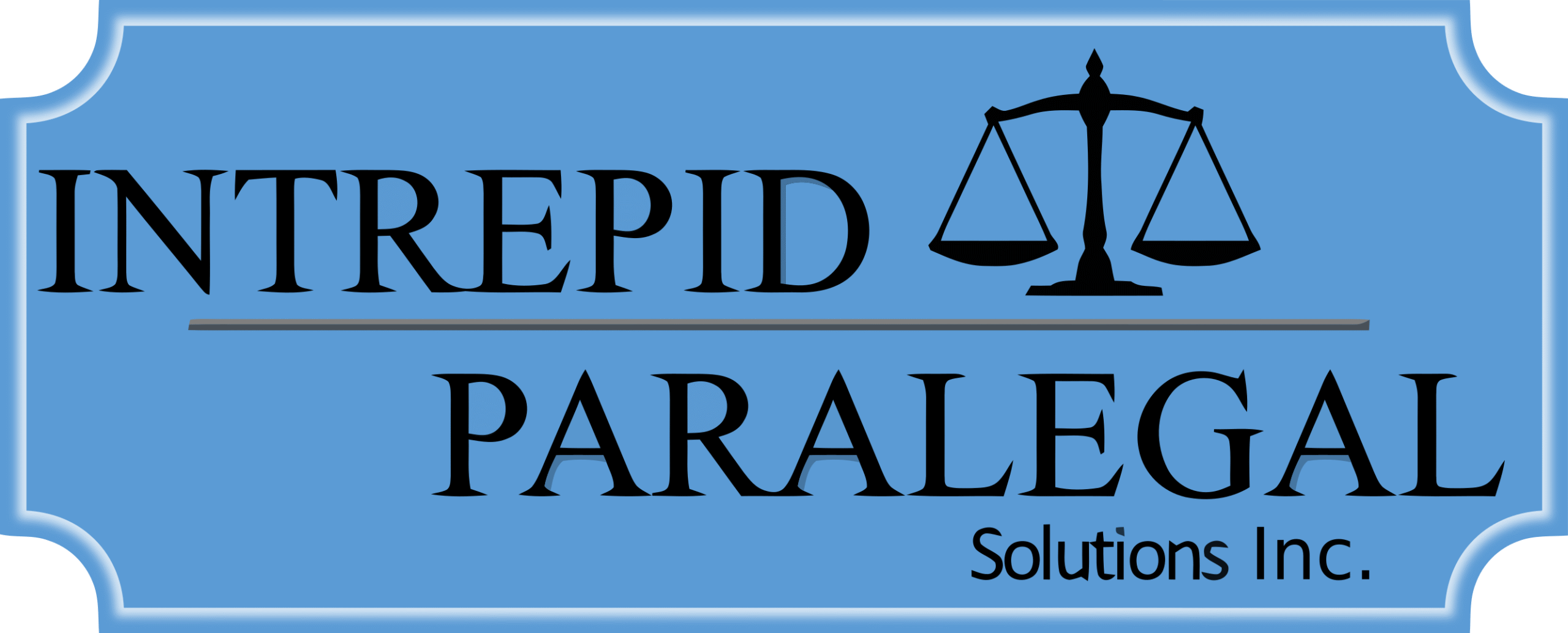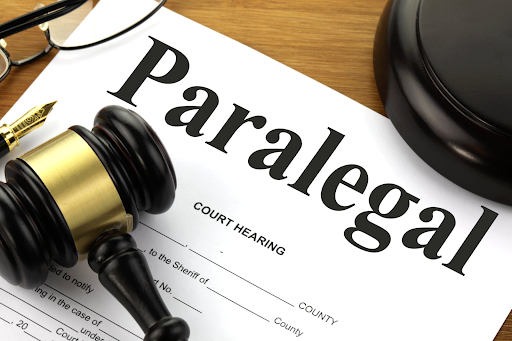As the legal profession continues to evolve, the roles and rights of paralegals stand at the forefront of a transformative movement. Recently, a groundbreaking legal challenge in Maryland has sparked a nationwide discussion on defining and regulating the paralegal profession. This case, led by Intrepid Paralegal Solutions, aims not only to recognize paralegals formally but also to establish a governing body to oversee their work, marking a significant step toward professional equality and enhanced legal services.
Background on the Paralegal Rights Movement
The call for defining and regulating the paralegal profession has long echoed through the hallways of legal institutions, but only recently has it begun to take shape as a formal movement. Paralegals have traditionally operated in a professional limbo—recognized for their essential role in legal processes but lacking the formal standards that define other legal professions.
The movement for paralegal rights has grown from grassroots advocacy to a well-organized campaign seeking clear professional definitions, accreditation processes, and regulatory oversight. This campaign, gaining momentum, aims to secure a professional identity that reflects the critical responsibilities paralegals hold in the justice system.
The Maryland Case
The legal confrontation in Maryland marks a pivotal chapter in the paralegal rights movement. Intrepid Paralegal Solutions has taken a significant stand against the Maryland Attorney General, seeking to redefine the role and rights of paralegals within the legal profession. This lawsuit, grounded in the protections offered by 42 U.S.C. § 1983 and the First Amendment, challenges the traditional limitations placed on paralegals, advocating for their ability to provide legal information and assistance without undue interference.
At the heart of this case is the need to establish a clear and consistent definition of “paralegal,” a term that has long been ambiguous within the legal community. By seeking judicial recognition of paralegals as bona fide legal professionals, Intrepid Paralegal Solutions aims to elevate their status, ensuring they are seen as essential contributors to the legal process. This recognition would not only validate the important work paralegals do but also pave the way for more structured career paths and professional growth opportunities.
Moreover, the case calls for the establishment of a regulatory body to oversee the paralegal profession. This proposed body would set standards for practice, ensuring that paralegals operate within defined ethical and professional guidelines. Such regulation is crucial for maintaining the integrity and quality of legal services provided by paralegals, and it would offer a framework for accountability and continuous professional development.
Legal Foundations: Section 1983 and the First Amendment
The lawsuit leverages 42 U.S.C. § 1983, a crucial statute that allows individuals to seek redress for violations of their constitutional rights by government officials. In this case, it underscores the rights of paralegals to provide legal information and assistance without arbitrary limitations.
Additionally, the First Amendment guarantees freedom of speech, which includes the right to share legal information and advice, provided it does not constitute unauthorized practice of law. Intrepid Paralegal Solutions argues that these constitutional protections should extend to paralegals, ensuring their ability to perform their duties effectively and without fear of legal repercussions.
Broader Implications for Due Process and Equal Protection
The lawsuit also touches upon the principles of due process and equal protection under the Fifth and Fourteenth Amendments. Intrepid Paralegal Solutions asserts that paralegals, as non-attorneys, play a vital role in supporting individuals who cannot afford legal representation.
By advocating for procedural fairness and protection against arbitrary restrictions, the company aims to ensure that paralegals can continue to provide essential legal support without undue interference. This aspect of the case highlights the broader implications for access to justice, emphasizing the importance of protecting the rights of paralegals and their clients.
Protecting Against Self-Incrimination
Another critical aspect of the lawsuit is the protection of paralegals’ rights against self-incrimination under the Fifth Amendment. Intrepid Paralegal Solutions argues that paralegals should be afforded the same protections as other individuals, ensuring they are not compelled to incriminate themselves through testimony or other forms of communication.
This protection extends to civil and administrative actions, safeguarding paralegals from coercion and undue pressure. By advocating for these constitutional rights, Intrepid Paralegal Solutions aims to create a more secure and fair working environment for paralegals, enabling them to perform their duties without fear of legal jeopardy.
Implications of the Maryland Movement
The potential outcomes of the Maryland case could significantly impact the legal profession and paralegals nationwide.
- Standardization: Establishing clear definitions and unified standards for paralegal roles would ensure consistency and professionalism across the field. This would help create a more structured and predictable career path for paralegals, fostering a more cohesive professional identity.
- Professional Status: A successful case could elevate the status of paralegals, granting them greater respect and autonomy within the legal community. This recognition would validate their contributions and could lead to increased responsibilities and opportunities for career advancement.
- National Impact: The ripple effect of a favorable outcome in Maryland could inspire legislative changes in other states. As more states adopt similar standards and regulations, the paralegal profession could see widespread reform, enhancing the role of paralegals across the country.
- Regulatory Oversight: Advocating for a governing body to ensure ethical practices, accountability, and continuous professional development is crucial. Such oversight would help maintain high standards of practice, protect the interests of clients, and support the ongoing growth and development of paralegals.
The Path Forward for Paralegal Recognition
As the legal battle unfolds, Intrepid Paralegal Solutions remains steadfast in its commitment to championing the rights of paralegals and ensuring their rightful place within the legal profession. The potential outcomes of the Maryland case could significantly impact the legal landscape, leading to the establishment of clear definitions, unified standards, and regulatory oversight for paralegals. By addressing these critical issues, the case could reshape the future of the paralegal profession, enhancing their contributions to the legal system and ensuring their rights and recognition.
With each step forward, Intrepid Paralegal Solutions continues to pave the way for a more just and equitable legal landscape. This landmark case serves as a rallying cry for paralegals everywhere, empowering them to assert their rights and demand the recognition and respect they deserve. The journey toward a future where paralegals are recognized, respected, and valued for their indispensable contributions to the administration of justice has only just begun.

